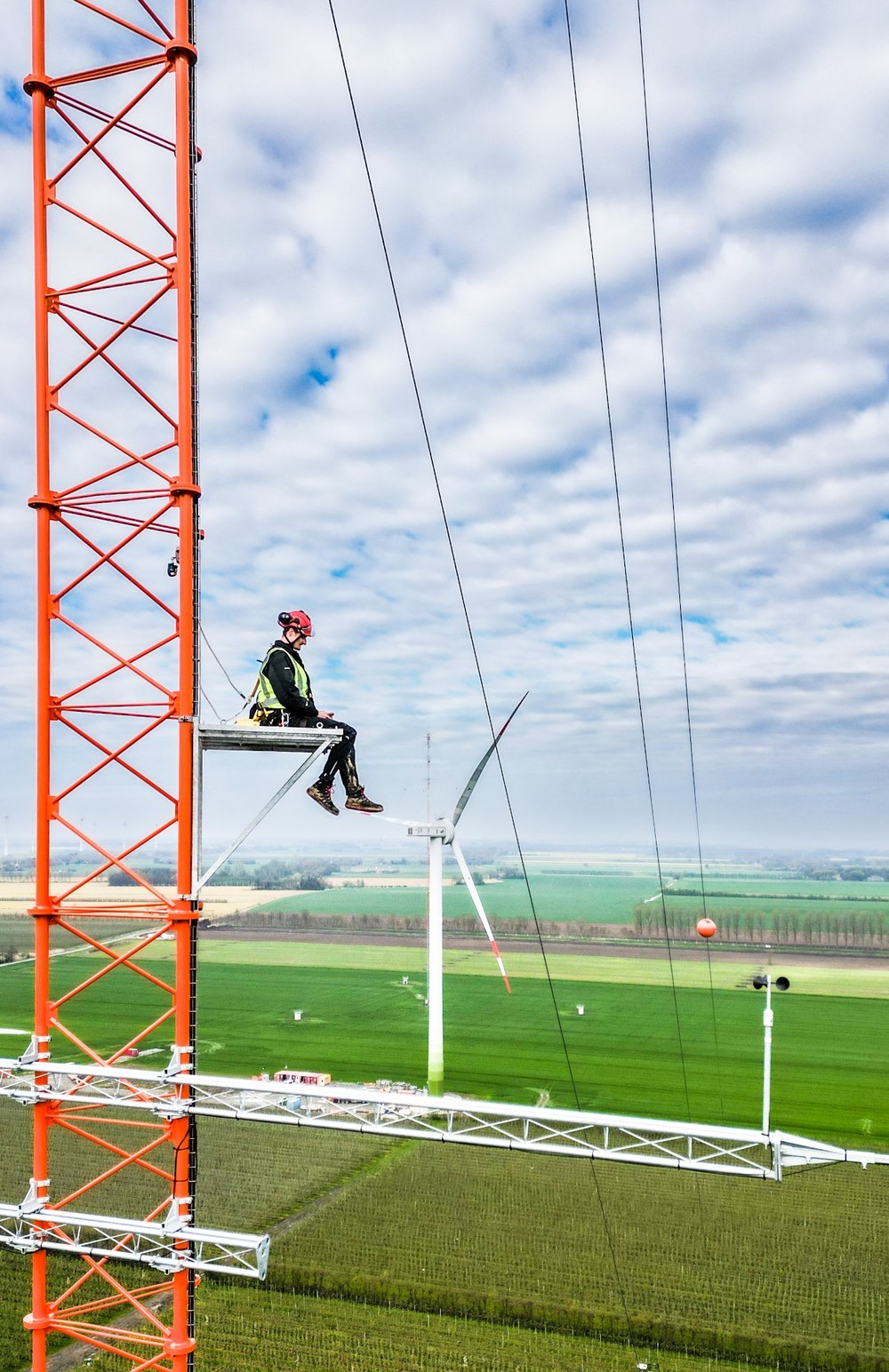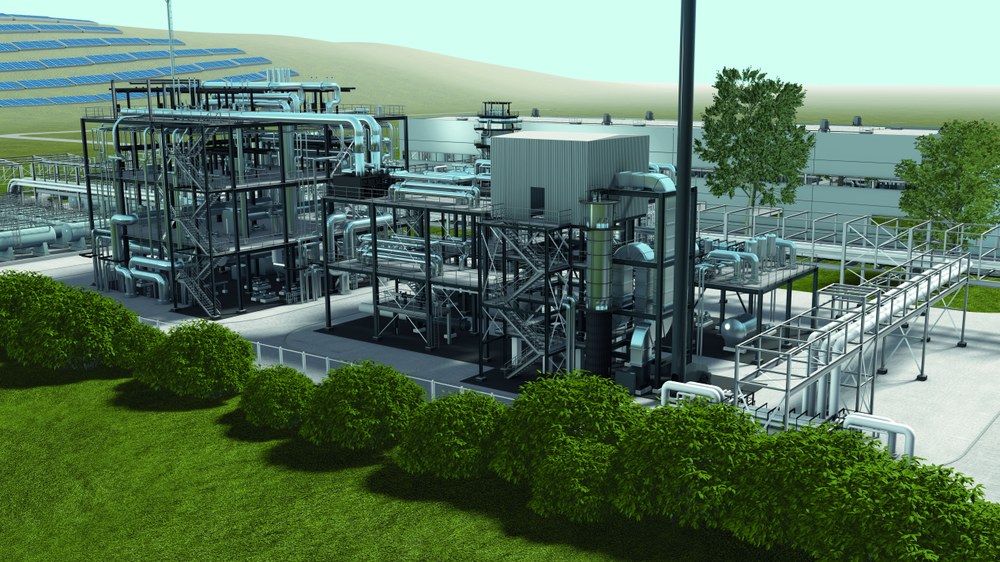Our energy research strategy and programme

We are committed to the rapid and sustainable transfer of research and development to industry and the public sector. We seek technical breakthroughs that enable leaps forward in both sectors, making us a leading research and development partner in the transformation of the energy system.
Challenges
Reliable and affordable energy is fundamental to advanced economies. For Germany as a business location, it is essential, guaranteeing prosperity and a high quality of life for society. Yet the energy system faces major technological challenges if it is to become as independent, resilient, affordable, competitive and climate-neutral as possible. These goals can only be achieved through a targeted transformation of the energy system, local authorities and businesses.
Our energy research goals
We develop innovative solutions to transform the energy system. These only create real added value when they are put into practice, which is why we provide the public sector with independent, scientifically sound and model-driven analyses of the energy system. These analyses highlight what the energy system of the future could look like, what this means for supply security and which policy instruments are most effective.
For industry and public enterprises, we develop innovative solutions that enable the efficient and renewable generation of electricity, heat and chemical energy carriers, as well as energy storage, conversion and optimised energy networks in line with demand.
Drawing on our comprehensive expertise in aeronautics, space, transport and security, our real-world infrastructures and our systemic and long-term research approach, we develop outstanding solutions for the transformation of the energy system.
Our energy research covers the following overarching topics:
Electricity

The electricity sector continues to rely on fossil fuels. Today, only about half of electricity consumption comes from renewable sources. By 2030, this share should rise to at least 80 percent. Meeting this target is particularly challenging as demand for electricity is also rising due to the electrification of transport, heating and industry. Suitable methods and technological components are therefore needed to improve the efficiency of solar-thermal plants and wind turbines, and to smooth out fluctuations in renewable electricity generation. Gas turbines (gas-fired power plants) and storage technologies are possible options provided sufficient output from renewable energy sources is available – such as green hydrogen – and that the power is used efficiently to drive electric generators.
Heat

The heat supply for German industry is still heavily dependent on fossil fuels, and accounts for approximately 20 percent of Germany's total energy demand. Industrial process heat alone requires more than 450 terawatt-hours (TWh), yet only approximately 15 percent (68 TWh) currently comes from renewable sources. Decarbonising this sector is therefore a mammoth task, made more complex by various branches of industry having very different and complex needs: steam at different pressure levels, direct use of electricity for heat and demand that may be constant or highly fluctuating.
A mix of different energy technologies is required to meet heat demand in an efficient, resilient, secure and climate-compatible manner. Our research focuses on solar-thermal energy, storage and conversion technologies, burner systems and power plants. We also investigate important topics such as digitalisation and automation to tackle complex heat supply issues.
Chemical energy carriers

Renewable chemical energy carriers such as green hydrogen and electricity-based fuels are essential for the decarbonisation of the energy system. Green hydrogen is playing an increasingly important role as a storage medium for renewable energy, for reconversion into electricity and heat, and for material use. Liquid synthetic fuels from electricity and/or biomass are especially relevant where few alternatives exist – such as aviation, shipping and parts of land transport such as specialised vehicles and disaster relief. They also provide a back-up fuel for reliable electricity and heat generation. The local production and use of these fuels can therefore strengthen supply security in Germany. To leverage this potential requires optimised fuels and production components and their integration into system-wide solutions, as well as digital twins, automation solutions for plant operation and disruptive new approaches.
Energy system

The simultaneous balance of electricity generation and consumption is the basis of a stable and resilient energy system. Yet wind and solar energy are weather-dependent and their availability varies throughout the day. The task of synchronising electricity generation and consumption must therefore shift from the supply side to the system and demand side. DLR’s energy research focuses on developing components that can stabilise the electricity grid and systemic solutions that enable the management of electricity, gas and heating networks, as well as making networks more flexible. These solutions fundamentally change the infrastructure and operation of the energy system. This transformation process must be regularly reassessed and actively shaped.
